Intermittent fasting is defined as periods where you cycle between eating and not eating - fasting - and there’s evidence to prove that there are plenty of benefits that come with intermittent fasting.
Benefits of Intermittent Fasting
Here’s a quick rundown of the benefits*:
- It can speed up cell repair by removing cell waste
- It can help you lose weight because you’re consuming a fewer amount of calories, which boosts your metabolism
- In men, it can reduce insulin resistance and lower blood sugar levels
- It can reduce inflammation in the body
- It can lower blood pressure, cholesterol levels, and triglycerides
- It might prevent cancer and reduce chemotherapy side effects
- It encourages neuron growth
- It might prevent Alzheimer’s disease
- It might even help you live longer
Nick Norris, co-founder of Protekt and former Navy SEAL, is a big proponent of intermittent fasting. He’s seen the results in his own body and mind.
“Intermittent fasting really helps me with inflammation, mental clarity, and focus. It also helps to prime my body for workouts. You might think that being fasted prior to a workout would be a bad thing, because you're going to be low on energy, but it’s the opposite in the way that I'm not weighed down by food in my digestive system. I don't feel lethargic; I actually feel more energetic. As a climber, I feel lighter. Maybe that part is mental because I don't have a lot of food in my system, so I don't feel as bogged down, but it still works for me.”
How to Fast Properly
As with many other workout techniques, there is a right and wrong way to fast. Knowing how to create a fitness plan that is tailored specifically to your needs involves knowing your body and understanding what you can and can’t handle, and that includes knowing how little fuel you can function on.
A big part of how to fast properly depends on what type of activity you’re going to do. It’s not the same fast every time.
“Let’s say I’m doing a lot of endurance work, like long distance trail running or cycling. I’m a bit more gun shy about going into a long endurance, aerobic capacity session, without food in my system,” Nick says. “Because my body is going to burn through a lot of calories and I carry a lot of extra fat stores. That’s my body specifically. At that point, it would start depleting muscle and I try to avoid that - if possible. But if you're not doing aerobic capacity type of stuff, you can accomplish a lot in a wide variety of workouts while in a fasted state.”
If you’re the type of person who wants to live healthily, but have never really felt comfortable with food restrictions or strict dieting, intermittent fasting might be the way to go. It has both physical and mental benefits, and although it may not seem like it on the surface, it provides more freedom than your typical diet does.
“Intermittent fasting has allowed me to achieve optimal wellness in performance without putting myself through the pain and discomfort of doing long-term fasts, or being on strict adherence to a specific diet,” Nick says. “For me, there is no one-stop-shop diet that actually works. I like to eat carbs, I like protein, I like to treat myself with sweets. With intermittent fasting, that can all still work for me.”
If you find yourself low on energy during the beginning of your intermittent fasting routine, try Protekt’s clean liquid energy supplement. It’ll give you that boost you’re looking for - without the crash, and without breaking your fast.
What to Eat After Intermittent Fasting
Now that the concept of intermittent fasting itself is clear, you may be wondering how exactly to go about breaking the fast once your time is up. In Nick’s opinion, it’s important to eat something that’s worthwhile.
“When I break my fast, one thing I have found to be consistently true is this: Whatever I put in my body immediately upon breaking the fast has a profound impact on my energy and my overall feeling. If I break my fast with a bunch of simple sugars and junk food, I feel terrible. It has an amplifying effect on how that type of food typically makes you feel. So, when I break my fast, I ease into it. Lately, I've been eating eggs and whole grains. I’ll make myself three or four scrambled eggs and one or two pieces of sprouted grain bread - it's filling, but it doesn't give me the opportunity to overeat when I'm breaking my fast.”
When to Start Intermittent Fasting
When to start intermittent fasting is up to you. If you are ready for a lifestyle change, have never really stuck to a diet that works for you, and are interested in experiencing the benefits for both physical and mental health, then it might be time to give this tactic a try.
*These statements have not been evaluated by the FDA. Protekt products are not intended to diagnose, treat, cure, or prevent any disease.
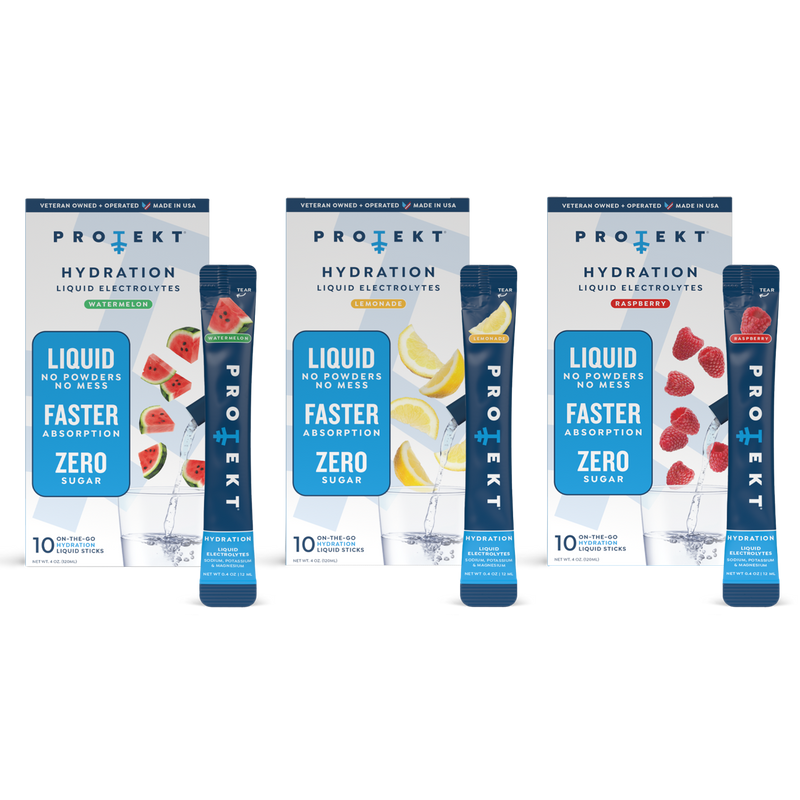
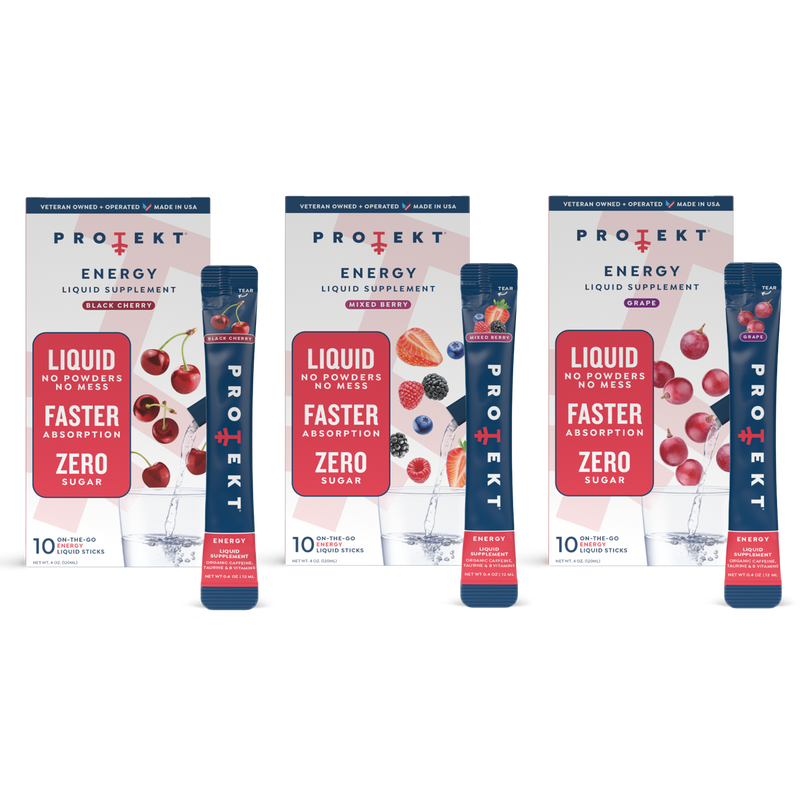
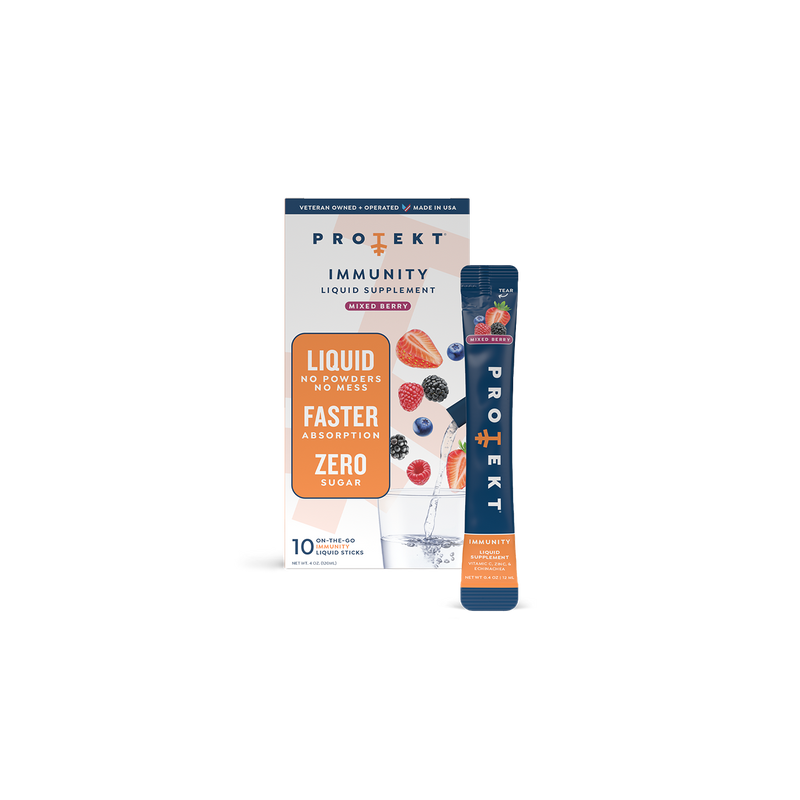
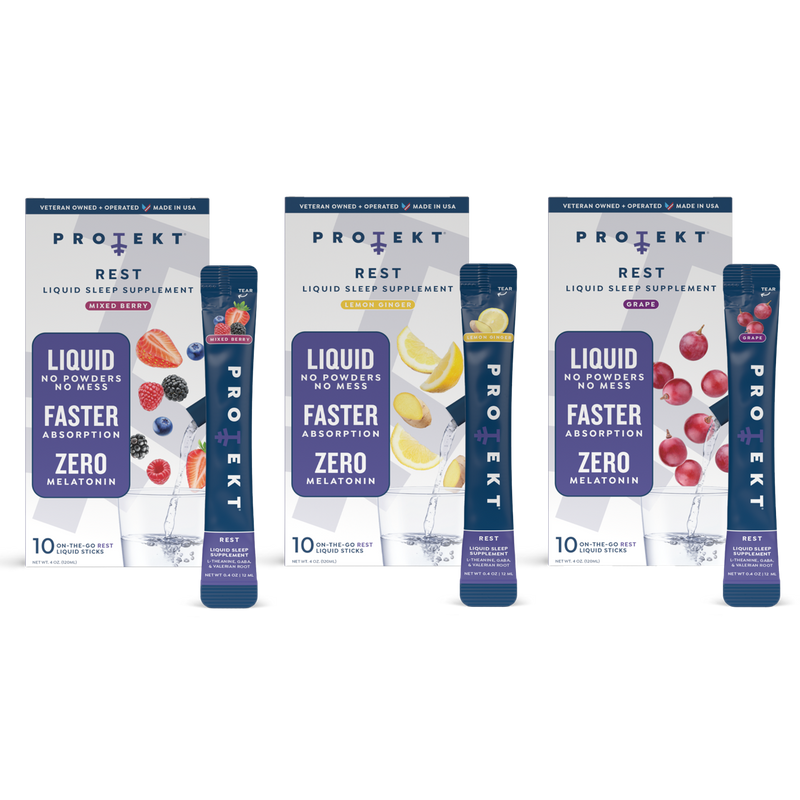



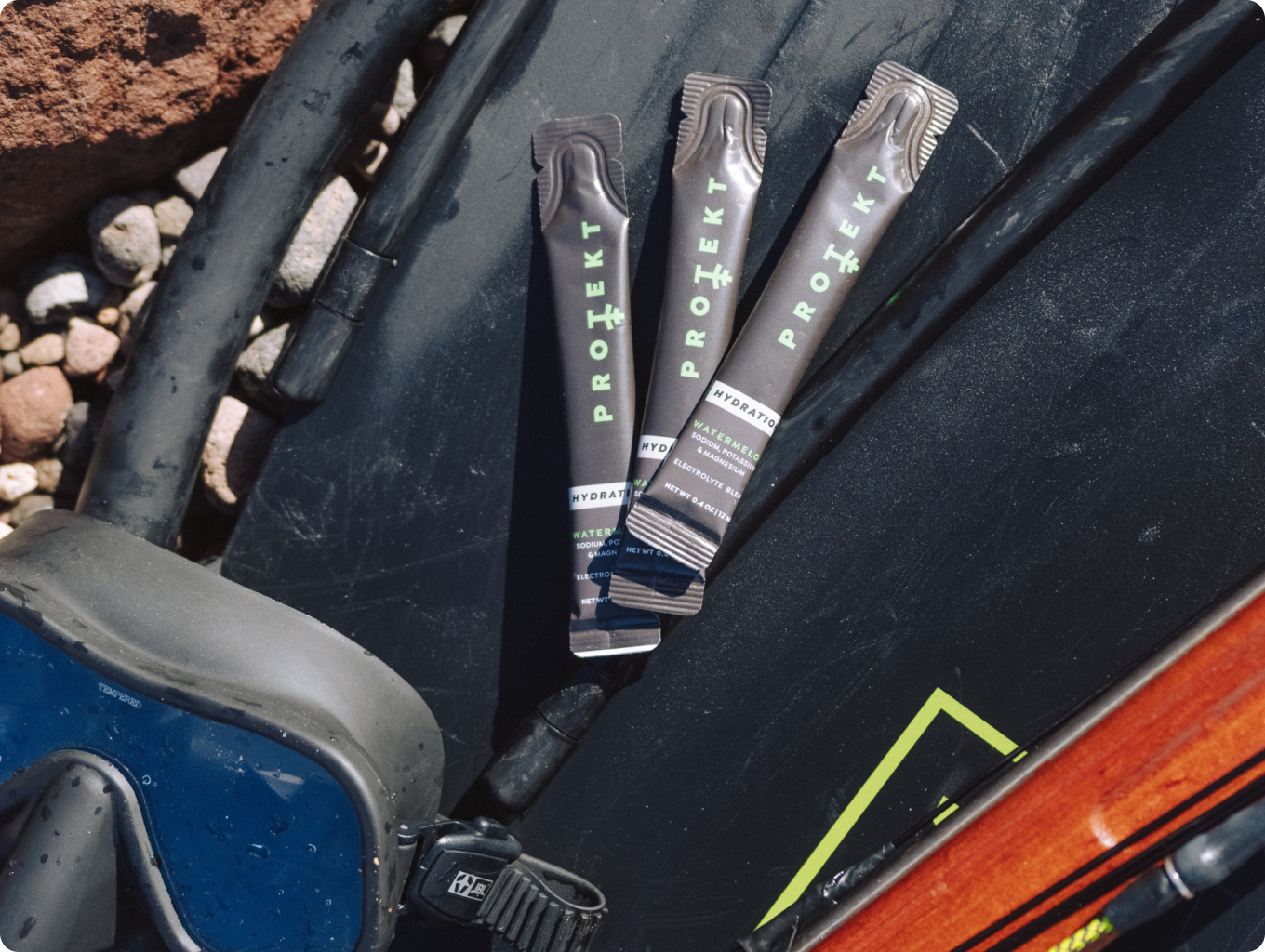






Leave a comment
All comments are moderated before being published.
This site is protected by hCaptcha and the hCaptcha Privacy Policy and Terms of Service apply.